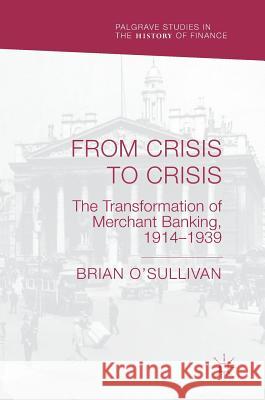From Crisis to Crisis: The Transformation of Merchant Banking, 1914-1939 » książka
topmenu
From Crisis to Crisis: The Transformation of Merchant Banking, 1914-1939
ISBN-13: 9783319966977 / Angielski / Twarda / 2018 / 410 str.
From Crisis to Crisis: The Transformation of Merchant Banking, 1914-1939
ISBN-13: 9783319966977 / Angielski / Twarda / 2018 / 410 str.
cena 443,82
(netto: 422,69 VAT: 5%)
Najniższa cena z 30 dni: 424,07
(netto: 422,69 VAT: 5%)
Najniższa cena z 30 dni: 424,07
Termin realizacji zamówienia:
ok. 22 dni roboczych.
ok. 22 dni roboczych.
Darmowa dostawa!
Kategorie:
Kategorie BISAC:
Wydawca:
Palgrave MacMillan
Seria wydawnicza:
Język:
Angielski
ISBN-13:
9783319966977
Rok wydania:
2018
Wydanie:
2018
Ilość stron:
410
Waga:
0.84 kg
Wymiary:
21.01 x 14.81 x 3.33
Oprawa:
Twarda
Wolumenów:
01
Dodatkowe informacje:
Bibliografia
Wydanie ilustrowane
Wydanie ilustrowane











